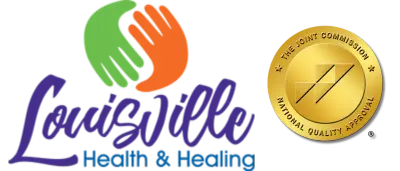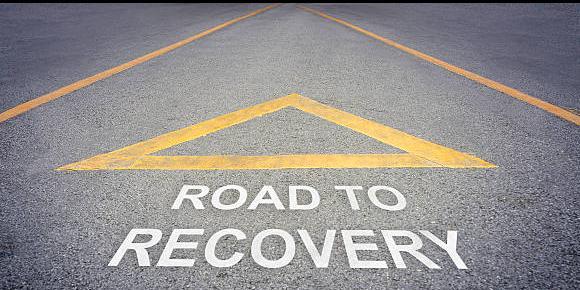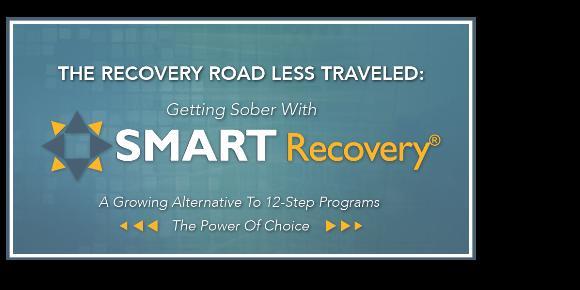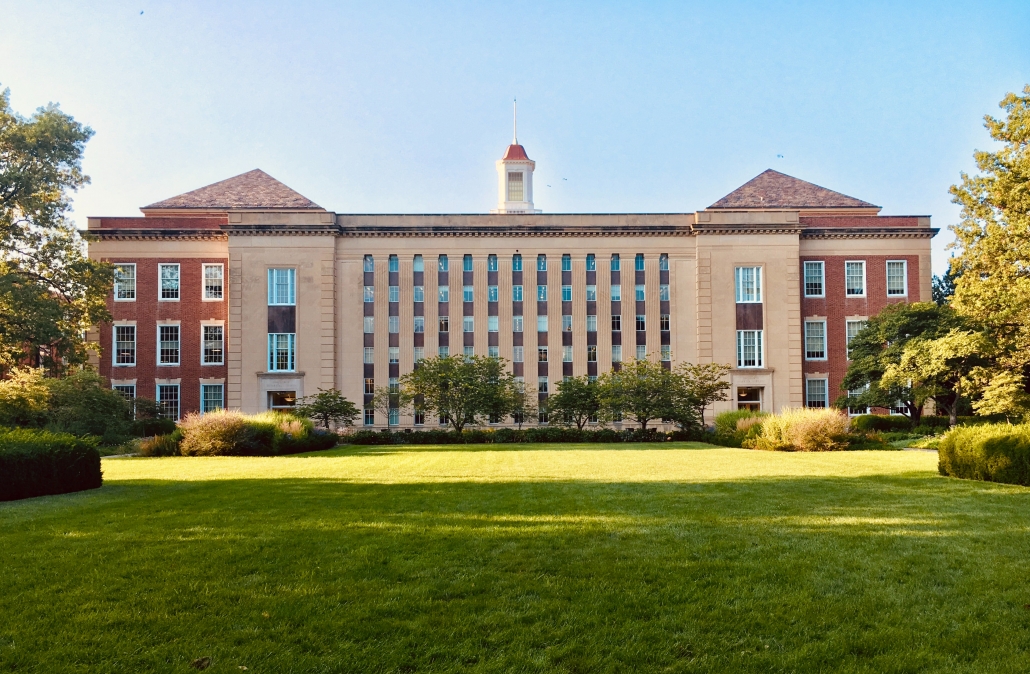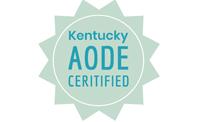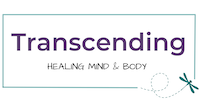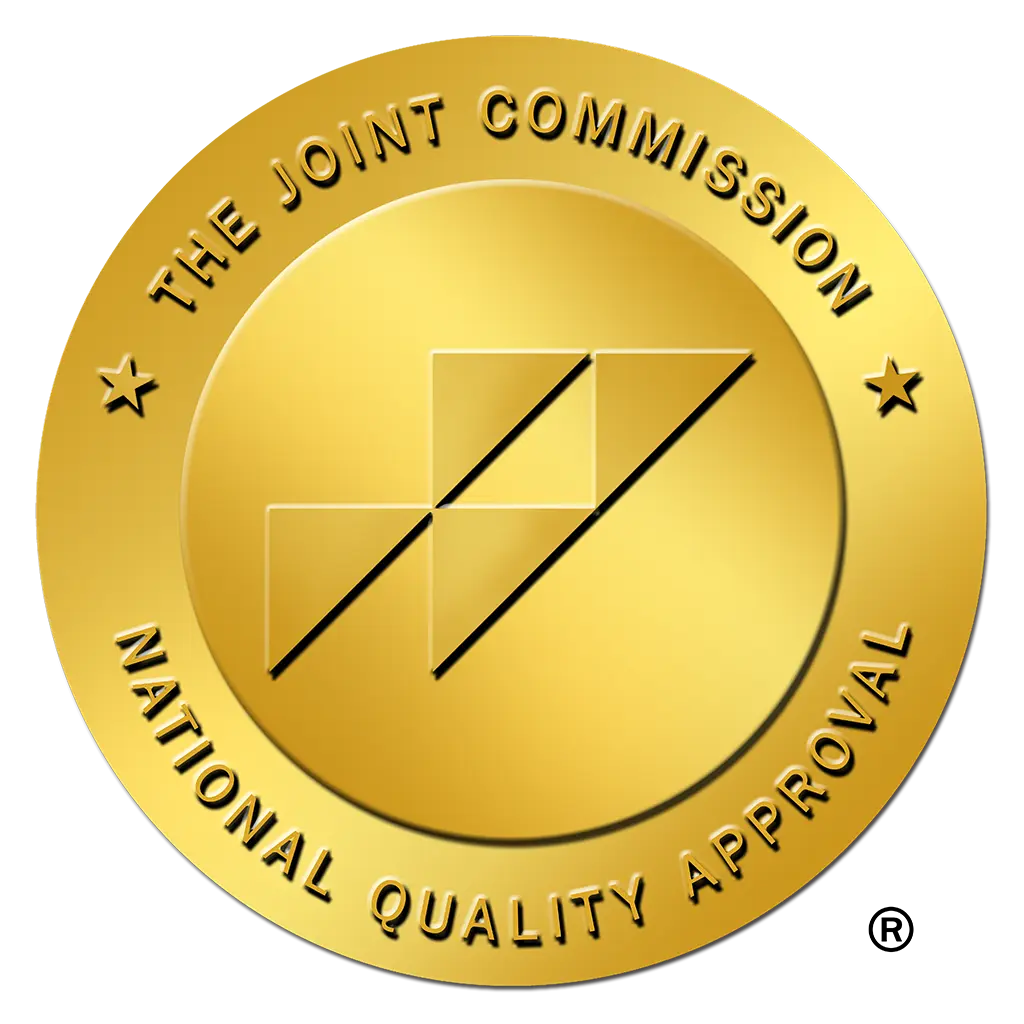Struggling In Recovery
I have been noticing quite a few people in long-term recovery relapsing lately and it has me concerned. People relapse on substances in early recovery, within the first year, due to the fact that overwhelming stress leads to uncontrollable urges. These urges lead to irrational thoughts about the ‘relief’ substances give.
But why do people relapse after the year mark? There are and will be a lot of opinions on this blog. Some people will say, “I stopped working on a program.”, “I quit going to meetings”, “I failed to maintain my spiritual condition”. These might have some validity. I’m going to challenge those of us in recovery.
I have been sober and abstinent from illicit drugs and alcohol for nearly 10 years. I have continued to struggle with other obsessive and compulsive behaviors that have caused problems in my life. About 4 years ago I was diagnosed with ADHD and the doctors said I probably have had it my whole life. I have struggled with anxiety and depression throughout the last 10 years too (probably had anxiety and depression my whole life). Within the last 2 years, I have struggled with suicidality (mostly as a coping skill I developed to allow myself the opportunity to ‘run’ or ‘leave’ stressful situations). Growing up I experienced a lot of emotional abuse and I was sexually abused when I was 6.
All of these things together ultimately led to my maladaptive coping skills which consisted of using drugs and alcohol. I am still obsessive and have compulsive behaviors beyond substance use. The fellowship of 12-step recovery and the 12-steps were a good beginning for me. It showed me how connectivity and accountability lead to long term recovery (I stole that line from friend and interventionist, Matt Noel). I got some relief that allowed me to stay sober for a couple of years.
For me, deeper work had to be done. I had to address the trauma, grief, and mental illness that had led to substance use. I’ve tried medications, therapy, involvement with the Mankind Project, meditation, helping others, and a whole slew of things.
I am beginning to touch the wounds that gave me the gift of addiction and recovery. I am healing and it has taken me 10 years to get here and will probably continue this soul work for the rest of my life. Here is my point, if you’re in recovery you have what I have. The majority of us have experienced traumatic events and situations (i.e. growing up in an alcoholic home, experiencing a divorce any kind of emotional, physical, or sexual abuse—to name a few types of trauma). Sometimes we need “outside help” that the program can not give us. Hell, Bill Wilson, founder of AA, had debilitating depression that required treatments and medication (Bill also compulsively smoked cigarettes that ultimately killed him).
Please get help and support beyond your recovery circles. It’s not a sign of weakness or that the program isn’t working. I am open to a free consultation with you if you are in recovery. I want to see you happy and to live a life with meaning and purpose. I hope this helps.
